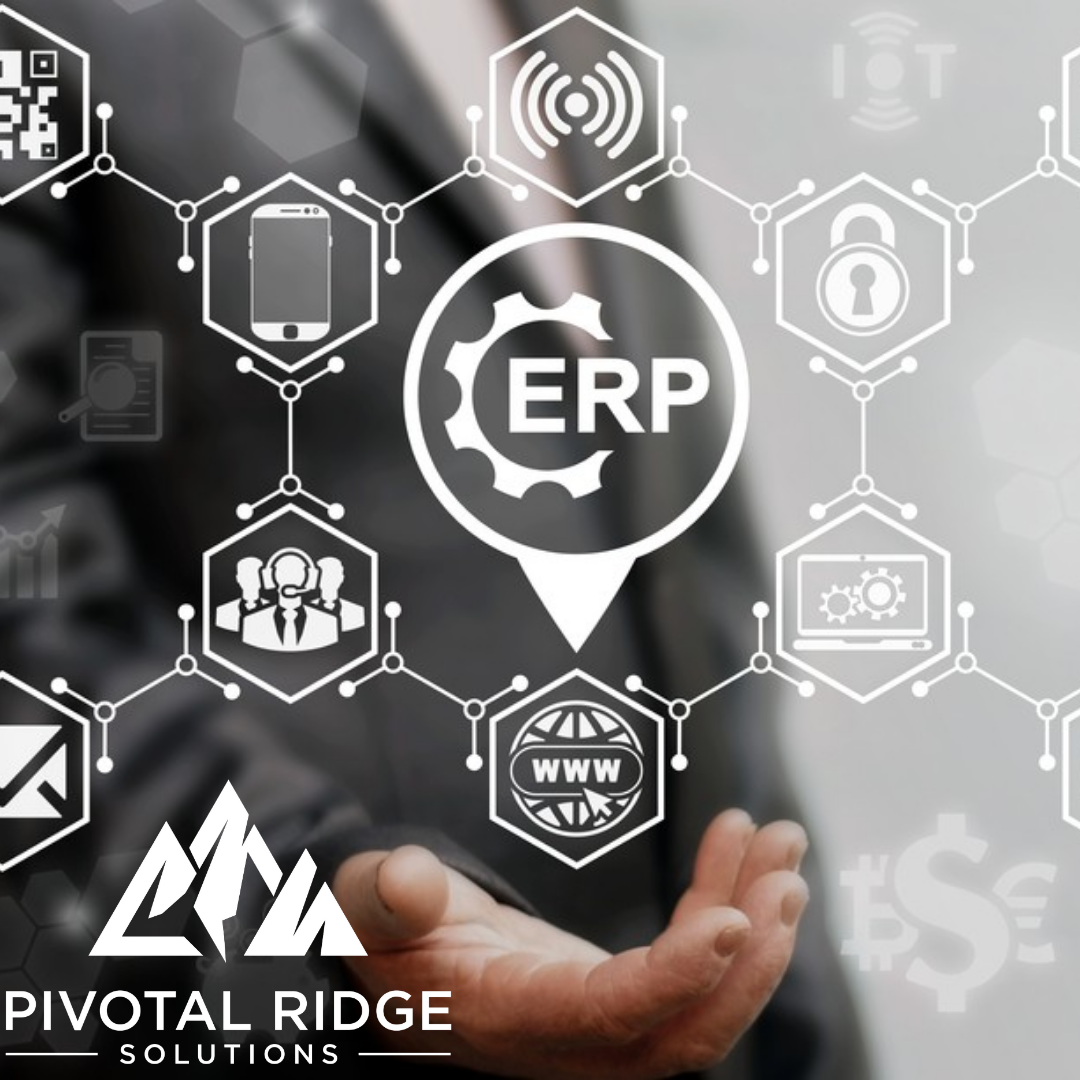Why Professional Services Firms Still Hesitate to Adopt a New ERP: A Consultant's View

The ERP Challenge for Professional Services: More Than Just a Software Decision
As a consultant specializing in business technology, I've seen firsthand that professional services firms—whether they're engineering, consulting, or marketing agencies—are often hesitant to adopt a new ERP system. While the benefits of a modern platform are undeniable, a deep-seated fear of disruption and a focus on short-term stability often win out.
This isn't about a lack of vision; it's about a specific set of challenges unique to the project-based world. Let's explore the key reasons behind this hesitation and how firms can move past them.
Top Reasons Professional Services Firms Resist ERP Adoption
1. Fear of Operational Disruption & Project Paralysis
For any services firm, the workflow is constant. Billable hours, project deadlines, and client commitments are non-negotiable. The idea of a new ERP implementation—which can be a complex, multi-month project—brings with it the fear of significant downtime.
- The "If It Ain't Broke" Mentality: Many firms have a patchwork of legacy systems and spreadsheets that, while inefficient, work. The risk of disrupting this fragile ecosystem often seems greater than the reward.
- Unique Workflow Concerns: Project-based firms have specialized needs for time tracking, project-based billing, and resource management. They worry a new, generic ERP won't be able to handle these critical processes, leading to lost time and revenue.
2. The High Cost and Unclear ROI
A modern ERP is a significant investment. Beyond software costs, there are expenses for implementation, data migration, and staff training. This can be a hard sell for firms that operate with tight margins and often prioritize client-facing investments.
- Difficulty Proving Tangible ROI: While an ERP can boost efficiency, it's not always easy to quantify the financial return. It's difficult to put a dollar value on benefits like improved resource utilization or faster invoicing, making it tough to build a compelling business case.
- Hidden Costs of Implementation: Firms are also wary of the non-billable hours that key staff will need to dedicate to the project, which represents a direct loss of potential revenue.
3. Resistance to Change (The "People Problem")
Technology is only half the battle; the people who use it are the real challenge. A new ERP requires a shift in daily habits and processes, which can be met with resistance from employees.
- Fear of the Unknown: Employees are comfortable with their current tools. They fear that a new system will be difficult to learn and will threaten their existing expertise.
- Lack of Stakeholder Buy-in: If leaders and key team members aren't involved in the selection and planning process, they may feel the new system is being forced upon them. This lack of buy-in can quickly derail a project.
How to Overcome the Hesitation and Succeed
The path to a successful ERP adoption starts with acknowledging these fears. It's not about forcing a change, but about building a strategic case for it.
The right ERP partner will not only provide the technology but also guide you through the process, proving the ROI, engaging key stakeholders early, and ensuring that the new system is an asset—not an obstacle—to your firm’s growth.





.png)